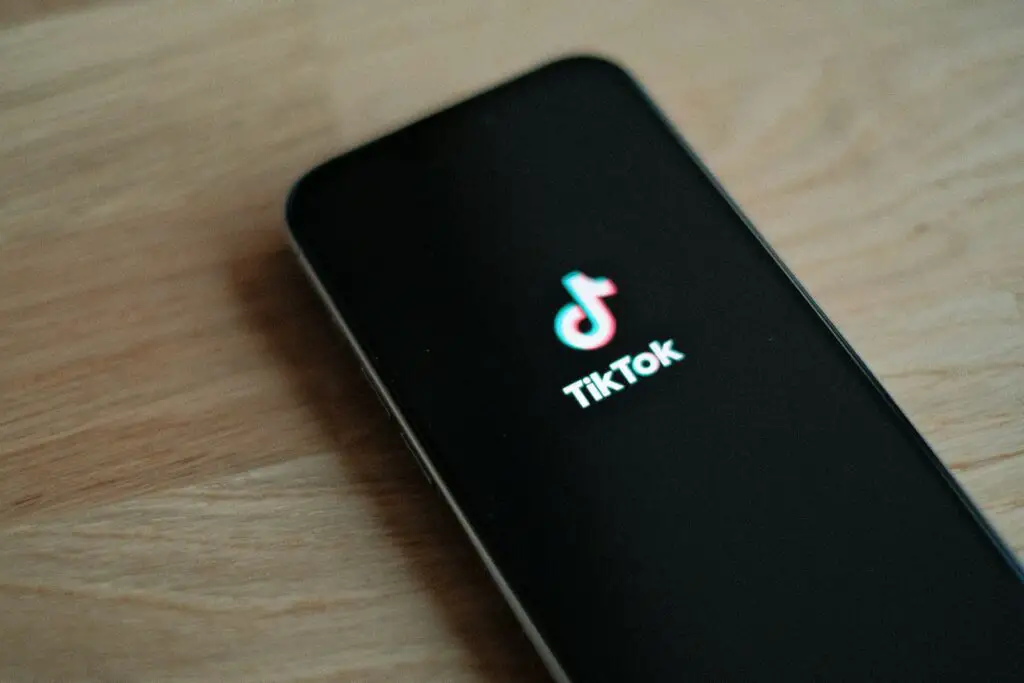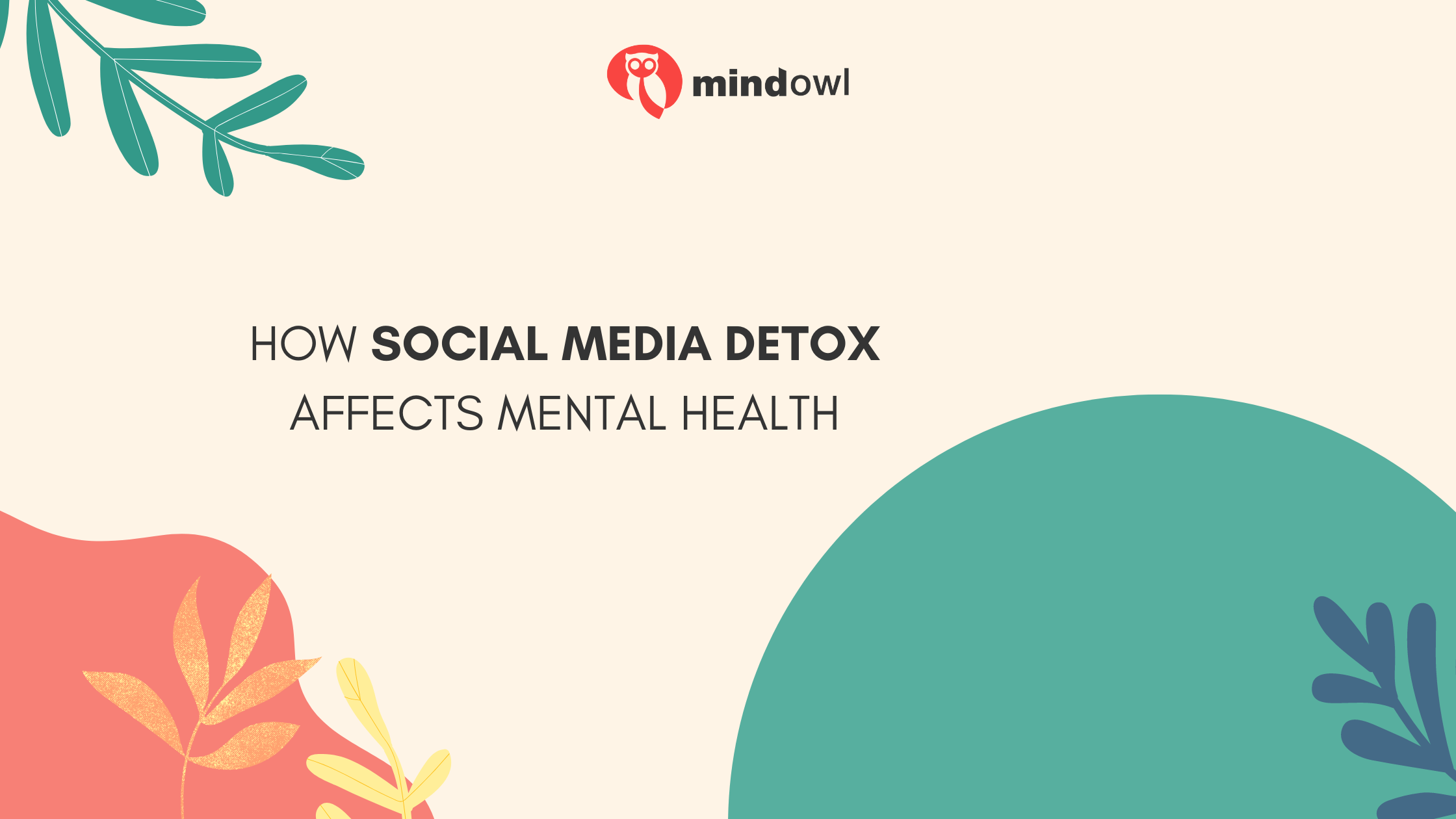In today’s hyperconnected world, social media has become an integral part of our daily lives. Whether scrolling through Instagram, checking updates on Facebook, or watching the latest TikTok trends, we are constantly plugged into the online world. But, as our reliance on these platforms grows, so does the conversation about the effects they have on our mental health. One increasingly popular solution to this issue is the concept of a social media detox. But what exactly is a social media detox, and how does it impact mental health? Let’s dive into it.
The Connection Between Social Media and Mental Health
The Dual Nature of Social Media: Connection and Consequences
Social media undoubtedly has its pros and cons. While it helps keep us connected, it also has the potential to harm our mental well-being, especially if you’re worried about issues like how to see who my boyfriend is talking to on Snapchat?
The Effect of Social Media on Self-Worth
Ever find yourself scrolling through social media and suddenly feeling inadequate? Many of us fall into the trap of comparing our lives to influencers, celebrities, or even friends who appear to have everything together. This constant comparison can chip away at our self-worth, making us feel like we’re not measuring up. Social media often presents an unrealistic portrayal of perfection, leaving many with feelings of inferiority or self-doubt.
How Social Media Fuels Insecurity Through Comparison
More than just impacting self-esteem, social media cultivates a culture of comparison. Viewing the curated highlights of others’ lives can cause you to question your own achievements or appearance. It’s easy to lose sight of the fact that social media is a carefully constructed highlight reel, not a reflection of real life. This “comparison trap” can spark feelings of jealousy, insecurity, and self-doubt, leading to deeper mental health issues over time.
The Toll of Social Media on Anxiety and Depression
Research has established a clear connection between social media use and rising levels of anxiety and depression. Constant notifications, the pressure to post, and the fear of missing out (FOMO) can all contribute to heightened stress. Additionally, the threat of cyberbullying and online harassment adds to the negative impact, especially for younger users. Despite offering connection, social media often intensifies feelings of isolation, leaving us lonelier than ever. The Toll of Social Media on Anxiety and Depression Research has established a clear connection between social media use and rising levels of anxiety and depression. Constant notifications, the pressure to post, and the fear of missing out (FOMO) can all contribute to heightened stress. Additionally, the threat of cyberbullying and online harassment adds to the negative impact, especially for younger users. Despite offering connection, social media often intensifies feelings of isolation, leaving us lonelier than ever.

Benefits of a Social Media Detox
What Happens When You Step Away from Social Media?
Taking a break from social media can be a refreshing reset for your mind, offering several key mental health benefits.
Less Anxiety and Stress
One of the first noticeable changes during a social media detox is a reduction in anxiety. Without the constant flow of notifications, messages, and online pressures, you’re no longer overwhelmed by the flood of information. Many people experience a sense of calm as they detach from content that previously caused stress or negative emotions.
Boosting Focus and Productivity
Social media is a huge distraction, often pulling attention away from important tasks. When you take a break, you can concentrate on what truly matters without the urge to constantly check your phone. This sharpened focus leads to increased productivity, whether at work, in school, or during personal projects. You might be surprised by how much more you achieve when you’re not glued to online updates.
Better Sleep Quality
Social media can seriously disrupt your sleep patterns. The blue light from screens messes with your body’s natural sleep cycle, making it harder to fall asleep. Add in the mental stimulation from late-night scrolling, and it’s a recipe for poor rest. Disconnecting, especially in the evening, can greatly improve sleep quality, helping you wake up feeling more refreshed and energized.
Deepening Real-Life Connections
A break from social media also opens up the chance to strengthen real-world relationships. Instead of spending time on surface-level interactions online, you can focus on meaningful face-to-face conversations. This helps improve communication skills and deepens bonds with the people who matter most in your life.
The Challenges of Taking a Social Media Break
While a social media detox offers numerous benefits, it’s not without its difficulties.
Dealing with Fear of Missing Out (FOMO)
One of the biggest challenges is the fear of missing out. Social media keeps us updated on friends, current events, and trends, so the thought of being out of the loop can spark anxiety. However, once this initial fear is overcome, many realize they don’t miss the constant stream of updates as much as they thought they would.
Coping with Withdrawal: Irritability and Boredom
Like breaking any habit, quitting social media can lead to withdrawal symptoms. Some people experience irritability or boredom when they first begin their detox. These feelings are natural and should be acknowledged during the adjustment period. Over time, boredom can be replaced with healthier activities, and irritability fades as your mind adapts to a less stimulated state.
Breaking the Cycle of Social Media Habits
Social media is so ingrained in our daily lives that we often reach for our phones unconsciously. Breaking this habit requires intentional effort. Whether you gradually reduce screen time or quit cold turkey, developing new routines—such as reading, exercising, or spending more time outdoors—can help fill the gap left by social media.
How to Successfully Implement a Social Media Detox
If you’re considering starting a social media detox, having a plan can make the process smoother.
Set Clear Goals for Your Detox
Before starting, it’s essential to define your goals. Are you aiming to reduce stress, boost productivity, or simply disconnect from the digital world? Understanding your reasons will help keep you motivated throughout the detox.
Gradual vs. Cold Turkey: Finding What Works for You
There’s no universal method for a social media detox. Some people prefer to quit all at once, while others find it easier to gradually cut back on screen time. The key is to choose an approach that suits your needs without causing unnecessary stress.
Replace Social Media with Positive Habits
For a successful detox, it’s helpful to replace social media with positive activities. Whether you take up a new hobby, spend more time outdoors, or engage more deeply with loved ones, filling the time previously spent on social media will support your commitment to the detox.
Consider Professional Support If Needed
If social media plays a significant role in your life and feels challenging to step away from, don’t hesitate to seek professional support. Therapists or counselors can offer guidance on managing social media use and help address any mental health challenges that arise during the detox process.
The Long-Term Effects of a Social Media Detox
After completing a social media detox, the benefits often extend well beyond the initial break.
Lasting Mental Clarity and Emotional Balance
Many people find that their mental clarity improves long-term, no longer bogged down by the constant flood of information. Emotional well-being also tends to improve, as you’re less prone to comparison and the pressures of keeping up with online trends.
A New Perspective on Social Media Use
A detox can offer valuable perspective. After stepping away, you might realize that being online 24/7 isn’t necessary to stay connected. After taking a break, many people feel more in control of their social media habits.
Appreciating Real-Life Connections
Stepping away from social media often emphasizes the value of genuine, face-to-face relationships. You may discover that offline connections feel more meaningful and enduring compared to virtual ones.
Social Media Detox: Is It Right for You?
Not everyone needs a full social media detox, but for many, it can be beneficial.
Signs You Might Need a Detox
If you find yourself constantly stressed, anxious, or struggling to sleep, it may be a sign that you need a break. Additionally, if you feel dependent on social media for validation or entertainment, a detox could be the reset you need.
How Often Should You Take a Detox?
There’s no set rule for how often you should detox, but many find that regular breaks—whether for a day, a week, or longer—help maintain a healthier relationship with social media.
Conclusion
A social media detox can have profound effects on your mental health, from reducing anxiety to improving sleep and fostering deeper relationships. While it’s not always easy to disconnect, the benefits are often worth the effort. By setting clear goals and approaching your detox with intention, you can find balance and peace away from the digital noise.
FAQs
- What is the ideal length for a social media detox?
The ideal length varies for each person, but many recommend starting with a short break of a few days to a week.
- Can a social media detox cure anxiety or depression?
While a detox can reduce symptoms, it’s not a cure for mental health conditions. Professional support may be needed for deeper issues.
- How do I know if I’m addicted to social media?
Signs of addiction include constant checking, inability to focus, and feeling anxious without access to social media.
- Will taking a detox make me feel isolated from my peers?
Initially, you may feel disconnected, but many find that real-life interactions improve during a detox.
- How can I use social media more mindfully after a detox?
Set boundaries, such as time limits, and be conscious of why you’re logging on. Engage with content that adds value to your life.
MindOwl Founder – My own struggles in life have led me to this path of understanding the human condition. I graduated with a bachelor’s degree in philosophy before completing a master’s degree in psychology at Regent’s University London. I then completed a postgraduate diploma in philosophical counselling before being trained in ACT (Acceptance and commitment therapy).
I’ve spent the last eight years studying the encounter of meditative practices with modern psychology.

